Passion and persistence brought Maryam from Syria to Nova Scotia
Syria was descending into chaos as Maryam tried to complete her postgraduate master’s degree in Maternity Care. Shattered, she witnessed daily fighting on the streets as her country collapsed. In fear for her life, she eventually realized she couldn’t stay to finish her thesis. “I couldn't complete it because first the war and second, every day I see killed people in the street.” Worried that someone would cover her mouth with a cloth and kidnap her as she walked home. “It was not safe at all, so I decided to move to Lebanon,” she explained to me sadly.
She moved to join Mohammad, her partner, who had left for Lebanon three years earlier to avoid being forcibly conscripted to fight. They had met as University undergraduates and, in Lebanon, Mohammad specialized in cardiac and emergency nursing. They spent six years in Beirut where they married, had two daughters and created a temporary lives for themselves without the support of extended family. Although Maryam was only an hour from her parents and three sisters, she was unable to return to them or share any of these precious milestones with them.
Mohammad managed to find enough work in Lebanese hospitals to support the family, whilst Maryam worked part-time. Primarily, she focussed on her daughters and providing them with as many opportunities as she could.
Syrian refugees in Lebanon often face difficulties obtaining or renewing residency permits which allow them to work, and are exposed to risk of arrest, detention and even forcible return to Syria. Sectarian and social tensions are now rising in Lebanon as the economy tanks, exacerbated by political instability, a global pandemic, and the aftermath of 2020’s deadly port explosion. Increasingly, Syrian refugees are finding themselves trapped in ‘a crisis within a crisis’.
Maryam hoped to find support through traditional refugee organisations but was unsuccessful until she discovered Talent Beyond Boundaries (TBB). Her husband was skeptical about the organization to begin with and worried, “Is there really somebody who can help us travel for work without needing money? Can you trust them?”
Considering she had nothing to lose, Maryam applied for jobs via the TBB network. She interviewed for a position at Glen Haven Manor, Nova Scotia during 2019, but her English was not strong enough for Canadian immigration requirements. Instead of feeling sorry for herself, Maryam became more determined, “When I lost the first opportunity, it was a big motivation for me to improve myself. I said (to myself), so someone’s taken my place. I should not be sad and nervous and cry. I should improve myself to take another opportunity. And that's what happened.”
Maryam studied privately, at a language school in Lebanon and via virtual tutoring. She finally passed the English exams to meet Canadian requirements. Then, another interview opportunity from the same employer came up and this time they accepted her. “Then I had a job contract. I was very, very happy. And my family was very happy.” Her three-year-old daughter, Hiba, matched her mother’s enthusiasm and excitement even though she had no idea what Canada meant, “She don't know what it is, this Canada. What is Canada?" she would ask. She is so small but so excited too.”
Hiba has been in Canada with her Mum, Dad and her sister, Lina for three months now. At five years old, Hiba is already attending school. Maryam describes her daughter’s enthusiasm for her new daily routine, “Every day, she goes to school with the biggest smile and she likes to play with her friends. She likes her teacher and she wakes up early and is so happy and excited. Then on Saturday and Sunday, when I say, no school, she starts crying! And what's also funny, is that Lina says it’s not her turn again… It's my turn to go to school. But she can't because she is only three!”
Above: Maryam’s daughters enjoying a snow day
Although the family are genuinely grateful and excited for this opportunity, it doesn’t come without challenges. At the moment, Maryam’s works 15 days a month. She uses her free time to continue to work on her English. “I’m still learning English, because sometimes when I learned it by myself, I pronounced words wrong. I learned English far from what the people here need… but I know the basic steps. So, when I came here, the first big problem for me was English… the people here pronounce words very differently.”
Maryam highly rates the assistance she receives via Paper Airplanes, a not-for-profit organisation which provides virtual learning assistance for conflict affected individuals. They have an English program to support educational and employment opportunities for refugees who have access to personal online tutoring.
Mohammad is also now working on his language skills whilst taking responsibility for the home and caring for the girls. This is a new test for their relationship, as Mohammad is un-used to this role reversal. Maryam understands his frustration, “He is a man, he should work outside.” But, she also acknowledges that it’s helpful for him to understand the demands on the stay-at-home parent too. “...because if I just stayed at home, it would make me crazy. I cannot… I feel like I should go to work to see people, to see the world around me. I cannot just stay at home.”
She and Mohammad are a strong team and she advises that it’s so important to work together and have a good attitude. “This is what you will pass on to the family. When you move as a refugee it’s imperative to understand the change you will face.”
“Welcome to your new life”
“When I met my boss for the first time, she said, ‘Welcome to your new life’ and it really is a new life for me. It's not just a new job or a new country. It's a new life. Everything is different.
“My boss always looks for refugees to give them a chance to travel, move, work and start a new life. She told me I should feel empowered to create the life I wish for myself”.
Maryam has taken this advice to heart. Her advice for other refugees moving through the program is: “Don’t sit around waiting to be given a handout. You should work on yourself. You should work on your CV. Don't register with agencies and just wait around. Use the time to improve your language skills and your credentials. Update your CV and get advice on how to improve your chances. Then take action!”
Maryam espouses the attitude of life-long learning and takes every challenge head-on as a new opportunity for growth. She is keen to show how engaged she is with this wonderful opportunity.
“It’s important to have a purpose and feel you can add value at work and at life. I don’t want to sit around and wait for help. I like to help myself.”
“I accept, even in my work, when somebody says ‘you did something wrong,’ I always accept it. I don’t feel sad or that I hate my work. Instead I try not to make a mistake again and learn from it.”
What’s next?
Maryam’s current focus is their citizenship in Canada and a chance to see her Syrian family again.
It seems absurd that the family has gone so long separated from their kin, despite living just an hour apart. Now, Maryam is counting down the three-year wait for citizenship; a freedom which will allow them to travel safely. Her sisters have all had little boys, so her parents can't wait to meet their granddaughters for the first time.


